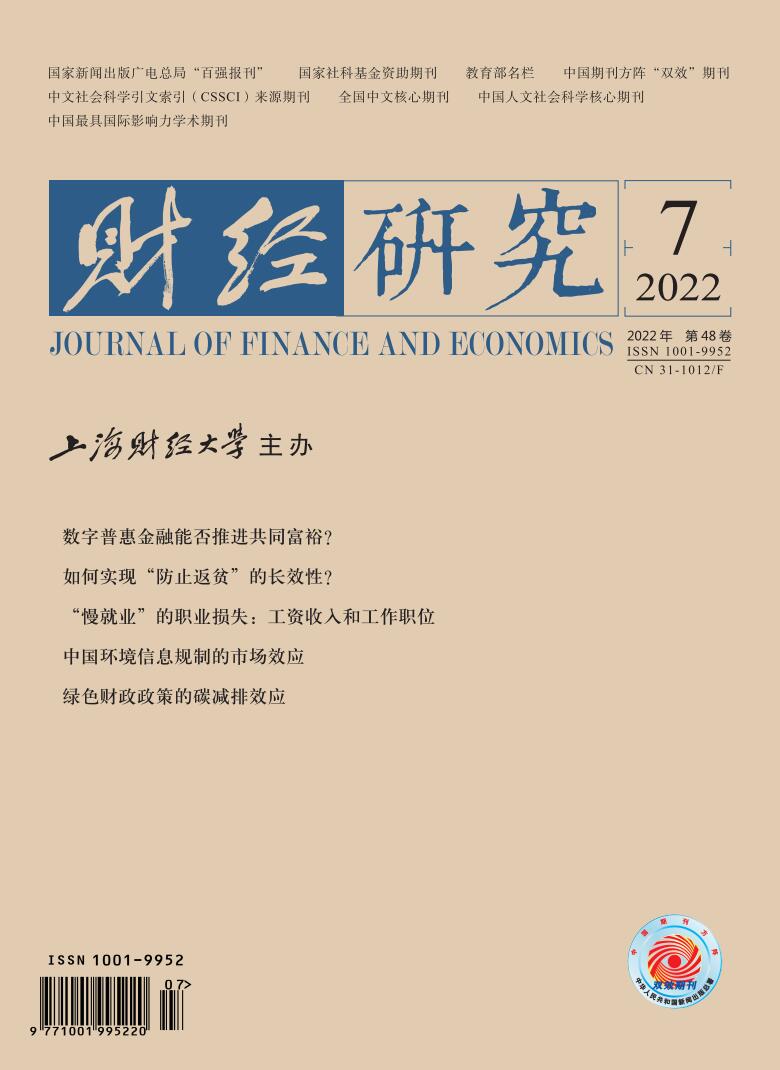It is undoubtedly an important topic of practical significance in contemporary China to investigate the relation between interest rate marketization reform and financial constraints of small and medium-sized private enterprises (SMPEs). For a long time, the theoretical and empirical research on the interest rate marketization and its SMPE financing effect in China is mainly based on relaxation or even abolition of interest rate controls, but the interest rate deregulation has only created a necessary rather than sufficient condition for banks to actively expand loans to SMPEs. As to whether or not the credit expansions will occur, it relates to banks’ ability to price the credit risk of SMPE loans. Therefore, in the empirical research on the nexus of interest rate marketization and SMPE financing constraints, the omission of banking credit risk-pricing ability will result in model misspecification as well as estimation bias. This paper extends the concept of interest rate marketization so that it can embody both factors of interest rate deregulation and banking credit risk-pricing ability.
Within the framework of investment-cash flow sensitivity which originates from the classical Euler equation, using the data of listed manufacturing SMPEs, and based on a variety of empirical strategies, this paper examines the impact of interest rate deregulation and improvement in banking credit risk-pricing ability, as well as their interactions on SMPE financing constraints. It is found that besides the linear effect, the easing effect of interest rate deregulation on financing constraints also has a nonlinear one which depends on banking credit risk-pricing ability, and when the factor of banking credit risk-pricing ability is controlled, this linear effect is stronger than when it is not controlled. The study also finds that the independent impact of improvement in banking credit risk-pricing ability is to aggravate rather than ease the financing constraints of listed SMPEs, which, however, does not mean that all the SMPE financing will be affected in the same way.
The main contributions of this paper are as follows: On the basis of the relaxation or even cancellation of interest rate regulations, which is most focused on by the existing related literature, the factor of banking credit risk-pricing ability is introduced into the concept of interest rate marketization, and a corresponding proxy variable is constructed, thus breaking through the limitation that the empirical literature of China’s interest rate marketization has only focused on interest rate deregulation for a long time. And, consequently, the easing effect of interest rate deregulation on SMPE financing constraints has been estimated more accurately in this empirical research. The study has great referential value for policy-makers to take improving banking credit risk-pricing ability as the basic policy choice to ease SMPE financing constraints.





 4286
4286  5048
5048

